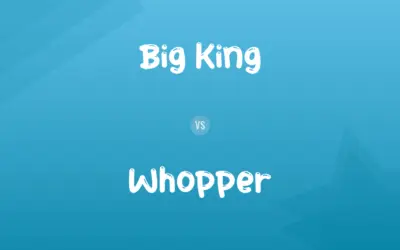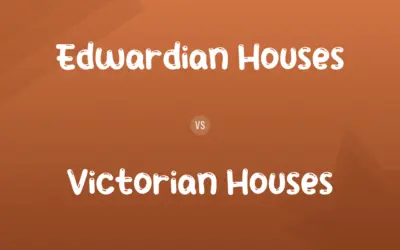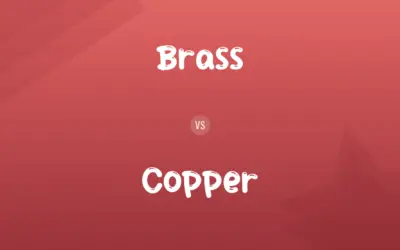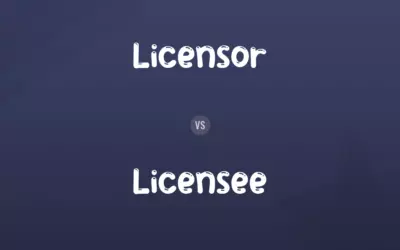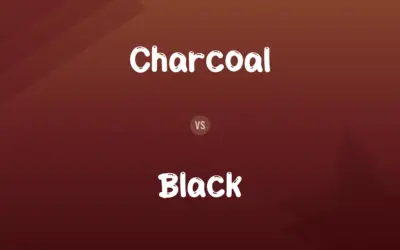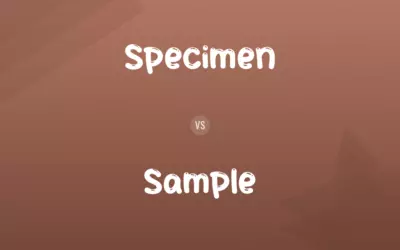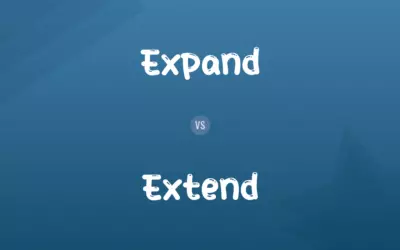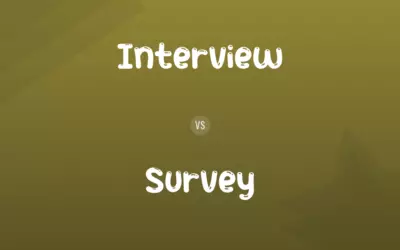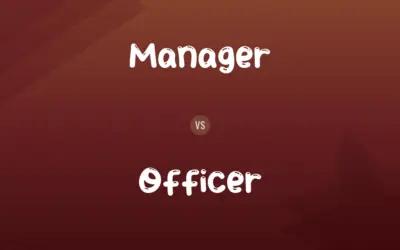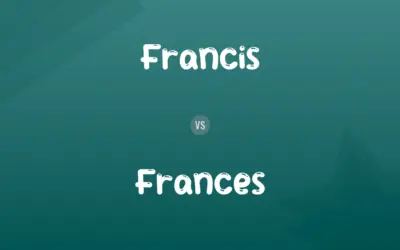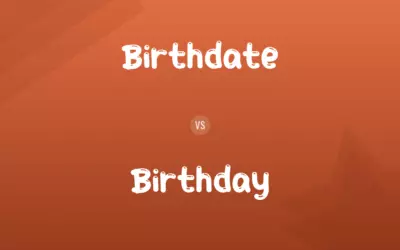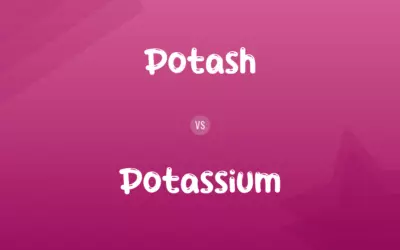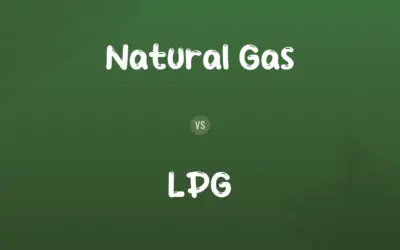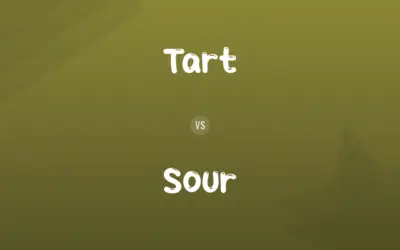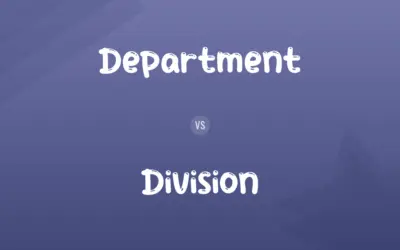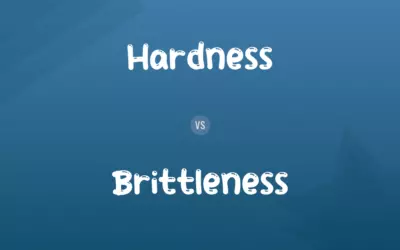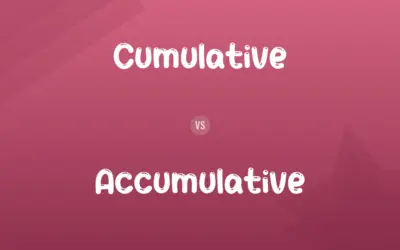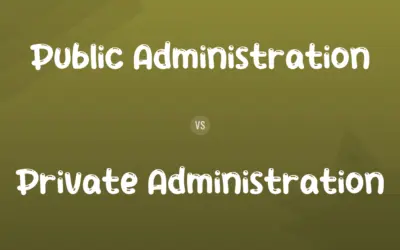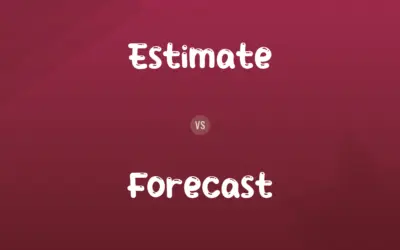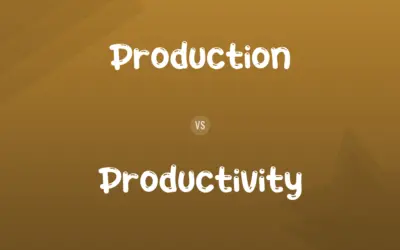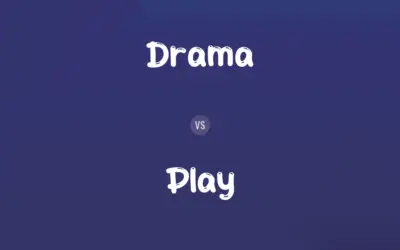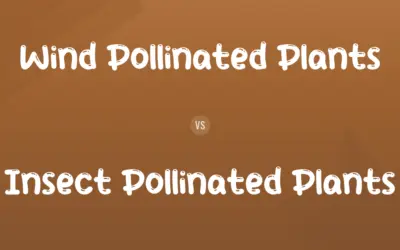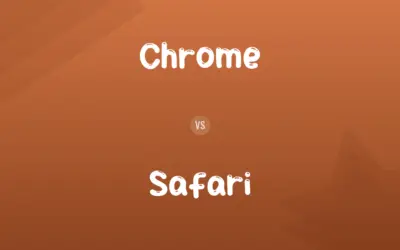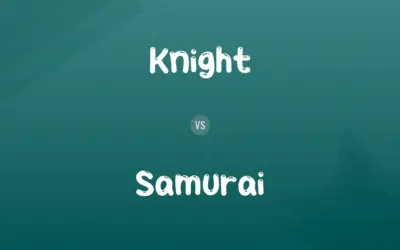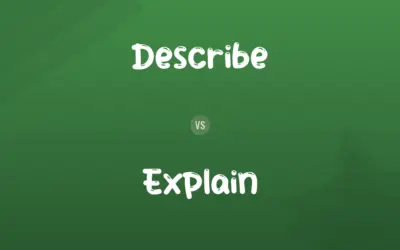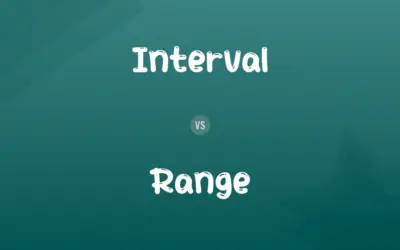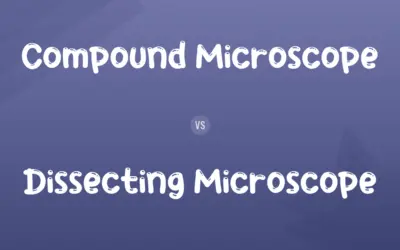Poem vs. Poetry: Difference and Comparison
Edited by Muazma Batool — By Muneeza Rehman — Published on April 1, 2024
A poem is a single piece of literary work that expresses ideas or emotions in a distinctive style and rhythm, while poetry refers to the art form itself, encompassing all types of poems collectively.
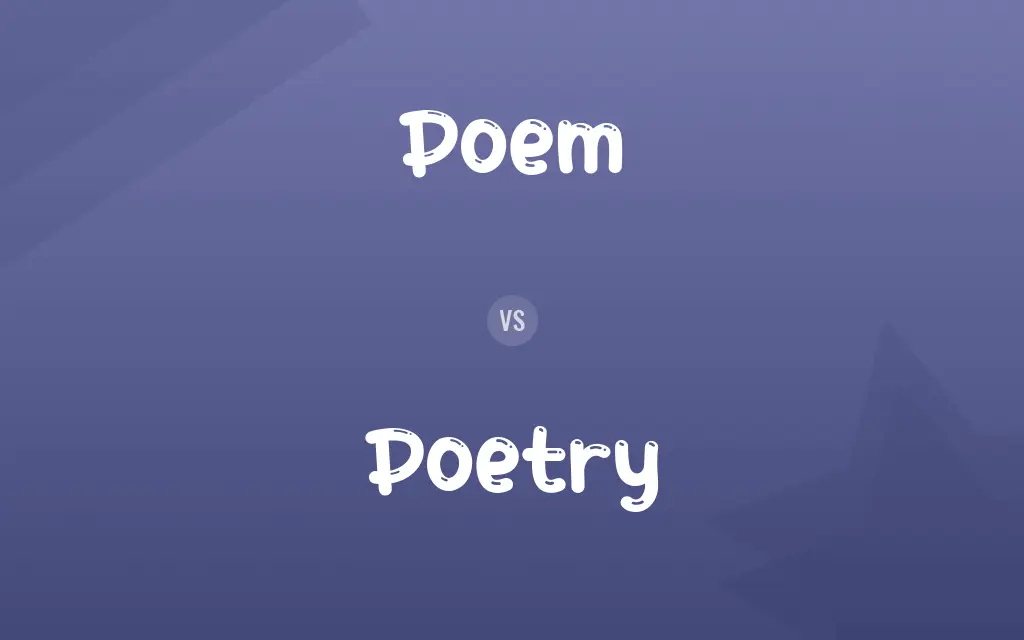
Difference Between Poem and Poetry
A poem is an individual work of art, crafted with careful attention to language, structure, and rhythm to evoke emotions or convey messages. It is a singular creation that can stand alone, reflecting the poet's intent and creative expression through verses, stanzas, and sometimes rhymes. Poetry, in contrast, is the broader category that encompasses the entire body of work within this literary form, including various types of poems such as sonnets, haikus, and free verse.
Muneeza Rehman
Apr 01, 2024
A poem focuses on the specifics—such as imagery, sound, and meter—poetry as a whole explores the principles and techniques used across individual works. Poetry studies the craft behind the creation of poems, including the use of metaphor, simile, alliteration, and other literary devices that enrich the text and engage the reader.
Muneeza Rehman
Apr 01, 2024
The creation of a poem is an act of individual expression, allowing the poet to explore personal themes, societal issues, or universal truths in a confined space. Poetry, however, represents the collective exploration of human experience through language, offering a wide lens on the emotional and intellectual depth of humanity.
Muneeza Rehman
Apr 01, 2024
Understanding the distinction is crucial for both readers and writers; while one may write or read a poem, they are engaging with or contributing to poetry as a form. This highlights the dynamic between the singular and the collective, where each poem adds to the broader understanding and appreciation of poetry.
Lucas
Apr 01, 2024
The relationship between a poem and poetry can be seen as analogous to a single note versus a symphony. Just as a note contributes to the overall experience of a musical piece, a poem adds its unique voice to the expansive world of poetry, enriching the tapestry of human expression captured through the written word.
Levi
Apr 01, 2024
Poem vs. Poetry Comparison Chart
Definition
A single piece of literary work focusing on expression through language and form.
The art form of writing that encompasses all poems, focusing on expression, emotions, and ideas.
Muneeza Rehman
Apr 01, 2024
Purpose
To convey emotions or ideas through a specific structure and style.
To explore and represent the human experience through language.
Muneeza Rehman
Apr 01, 2024
Components
Verses, stanzas, rhythm, and sometimes rhyme.
Various types of poems, literary devices, and thematic elements.
Lucas
Apr 01, 2024
Representation
A singular creation or work
The collective body of works within the literary form
Leo
Apr 01, 2024
Poem vs. Poetry Definitions
◉Poem
A poem can vary in length, from short haikus to lengthy epics.
Haikus traditionally consist of seventeen syllables, in three lines.
Muneeza Rehman
Feb 27, 2024
◉Poetry
Poetry is a literary form that uses the aesthetic qualities of language to evoke meanings beyond the literal.
Poetry often explores complex emotions and ideas.
Elijah
Feb 27, 2024
◉Poem
A poem is a structured piece of writing that expresses emotions or ideas artistically.
The poem The Road Not Taken explores the theme of choices.
Jonathan
Feb 27, 2024
◉Poetry
It encompasses various styles, including narrative, dramatic, and lyrical.
Narrative poetry tells a story, while lyrical poetry expresses personal feelings.
Muneeza Rehman
Feb 27, 2024
◉Poem
Poems often explore deep emotional or existential themes.
Do Not Go Gentle into That Good Night by Dylan Thomas deals with death and defiance.
Muneeza Rehman
Feb 27, 2024
◉Poetry
Poetry employs devices like metaphor, simile, and alliteration.
Alliteration enhances the sonic quality of poetry.
William
Feb 27, 2024
◉Poem
It often employs rhyme, meter, and symbolism to enhance its message.
Annabel Lee by Edgar Allan Poe uses rhyme and rhythm to evoke a haunting beauty.
Lucas
Feb 27, 2024
◉Poetry
The study of poetry includes analyzing themes, patterns, and structures.
Studying poetry involves looking at how different elements convey deeper meanings.
Olivia
Feb 27, 2024
◉Poem
The structure of a poem can include stanzas, lines, and verses.
Shakespeare's sonnets are known for their 14-line structure.
Kaitlyn
Feb 27, 2024
◉Poetry
Poetry serves as a medium for cultural and personal expression across history.
Throughout history, poetry has been used to celebrate, mourn, protest, and reflect.
Jonathan
Feb 27, 2024
◉Poem
A verbal composition designed to convey experiences, ideas, or emotions in a vivid and imaginative way, characterized by the use of language chosen for its sound and suggestive power and by the use of literary techniques such as meter, metaphor, and rhyme.
Muneeza Rehman
Feb 27, 2024
◉Poem
A composition in verse rather than in prose
Wrote both prose and poems.
Muneeza Rehman
Feb 27, 2024
◉Poem
A literary composition written with an intensity or beauty of language more characteristic of poetry than of prose.
Muneeza Rehman
Feb 27, 2024
◉Poem
A piece of writing in the tradition of poetry, an instance of poetry.
Muneeza Rehman
Feb 27, 2024
◉Poem
A piece of poetic writing, that is with an intensity or depth of expression or inspiration greater than is usual in prose.
Muneeza Rehman
Feb 27, 2024
◉Poem
A metrical composition; a composition in verse written in certain measures, whether in blank verse or in rhyme, and characterized by imagination and poetic diction; - contradistinguished from prose; as, the poems of Homer or of Milton.
Muneeza Rehman
Feb 27, 2024
◉Poem
A composition, not in verse, of which the language is highly imaginative or impassioned; as, a prose poem; the poems of Ossian.
Muneeza Rehman
Feb 27, 2024
Poem vs. Poetry Frequently Asked Questions
How do different cultures influence poetry?
Different cultures influence poetry by contributing unique perspectives, styles, and themes, enriching the diversity of expression within the art form.
Elijah
Apr 01, 2024
What distinguishes poetry from other forms of writing?
Poetry is distinguished by its use of concise, rhythmic language and literary devices to evoke deeper layers of meaning and emotion.
Jonathan
Apr 01, 2024
What is the primary purpose of a poem?
The primary purpose of a poem is to express ideas, emotions, or stories through a distinctive blend of meaning, sound, and rhythm.
Muneeza Rehman
Apr 01, 2024
Is poetry still relevant today?
Yes, poetry remains relevant today as a versatile form of expression that adapts to contemporary issues and continues to resonate with personal and societal experiences.
Muneeza Rehman
Apr 01, 2024
Can a piece of writing be both a poem and poetry?
Yes, a piece of writing can be both a poem as an individual work and part of the broader category of poetry as an art form.
Muneeza Rehman
Apr 01, 2024
How does one analyze a poem?
Analyzing a poem involves examining its structure, language, rhythm, and literary devices to uncover the layers of meaning and emotional impact.
Muneeza Rehman
Apr 01, 2024
How does poetry impact society?
Poetry impacts society by providing a powerful medium for cultural expression, reflection, and critique, influencing thought and emotion across ages.
Muneeza Rehman
Apr 01, 2024
Why do poets use rhyme?
Poets use rhyme to create musicality, enhance memorability, and emphasize key ideas or feelings within their work.
Muneeza Rehman
Apr 01, 2024
What makes a poem memorable?
A poem becomes memorable through its emotional resonance, creative language, and the way it connects with the reader's experiences and imagination.
Lucas
Apr 01, 2024
What role do literary devices play in poetry?
Literary devices play a crucial role in poetry by adding depth, resonance, and clarity, enhancing the reader's engagement and interpretation.
Henry
Apr 01, 2024
Content Creators
Written by
Muneeza RehmanAt Comparisons.wiki, Muneeza skillfully navigates the vast sea of information, ensuring clarity and accuracy as the lead content editor. With a keen eye for detail, she curates every comparison to enlighten and engage readers.
Edited by
Muazma BatoolAs a content editor, Muazma Batool is not just a grammar guru but a creative mastermind who breathes life into every word. With an eagle eye for detail and a passion for storytelling, she transforms bland text into engaging content that captivates audiences and drives results.

